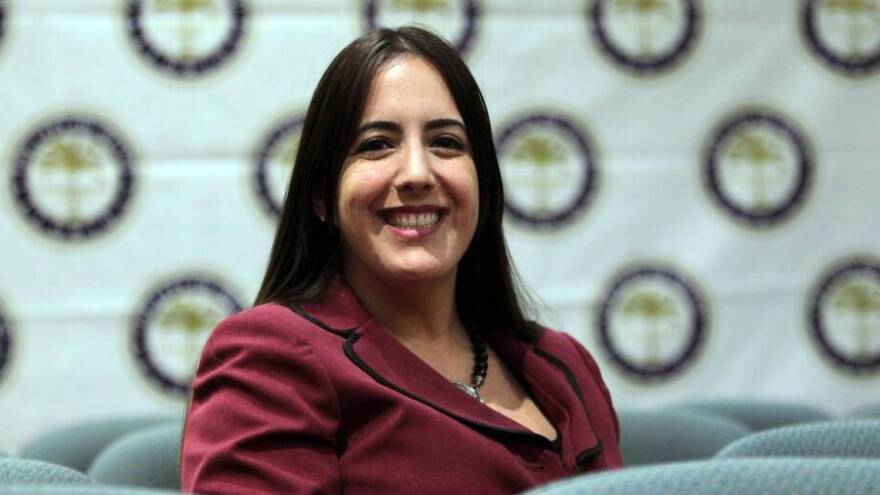In an emergency ruling late Monday night, a federal appeals court has put a pause on the City of Miami adopting a new voting map — allowing the city to hold out a little longer after a battle in federal court.
On Sunday, federal Judge K. Michael Moore ordered the city to adopt a temporary new map of city districts for the upcoming election. The map was proposed by a collection of Miami residents and local advocacy groups who had filed a lawsuit against the city, accusing the city commission of packing Black and Hispanic voters into certain districts.
In that order, Moore instructed the city to deliver the plaintiffs' proposal to the Miami-Dade County Elections Office by close of business on Monday, in order to use that map for the municipal elections in November.

But Miami pushed back against the order immediately, filing an action in the 11th Circuit Court of Appeals to keep from using their opponents' map.
"We appreciate the Court’s valuable insight into the City’s Redistricting process, but the Court waited to [sic] long in making this determination pursuant to caselaw," Miami City Attorney Victoria Méndez said, in a written statement to reporters on Sunday. "The Court did not truly give the City Commission the presumption of good faith with regard to their legislative functions. We plan to appeal,"
READ MORE: Federal judge sides with voting groups in drawing new Miami election map
In an emergency motion for appeal, the city argued that there was not enough time to adopt a new map. Rearranging city districts just three months ahead of an election is not fair, they asserted.
They also allege that the plaintiffs' map causes turmoil because it would move Miami Commissioner Joe Carollo's Coconut Grove home out of his district, District 3. If the city were to adopt the new map, he would no longer meet the residency requirement to hold that office.
"...The Mandated Plan throws the upcoming election into chaos makes sweeping changes to three districts that have elections in November, and draws an incumbent out of his district, arguably in violation of the residency requirements. Staying the Order serves the public interest," the city wrote in its emergency appeal.
The appeals court granted the city an administrative stay on Monday night, meaning they do not have to abide by Moore's court order and submit the map to the elections office until the court considers the appeal.
The plaintiffs —Engage Miami, Grove Rights and Community Equity (GRACE), the South Dade and Miami-Dade NAACP Branches, and five city residents — must file a response to the city's appeal by Wednesday at 9 a.m.
"This is frustrating because it is delaying fair elections in Miami," Nora Viñas, deputy executive director of Engage Miami, told WLRN in a statement. "Our proposed Plaintiff Map #4, which was favored by the federal judge, is the product of months of input from partner organizations, community residents, and legal experts."

Proposed map
As he rejected the City of Miami's proposed map on Sunday, Judge Moore ruled in favor of the plaintiffs' map. That proposal makes Miami's five commission districts more compact and puts all of the Coconut Grove neighborhood back together into District 2. The neighborhood had been split by the city into three separate districts last year, a major point of contention.
The plaintiffs had accused the city of violating the U.S. Constitution by drawing voting districts based predominantly on race. In May, Moore ruled that the plaintiffs were likely to succeed on their racial gerrymandering claim, leading to the requirement for a new map to be drawn for the upcoming elections.






